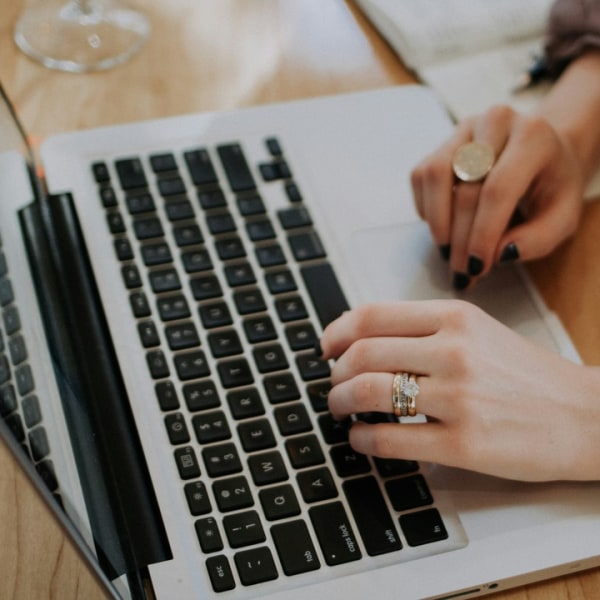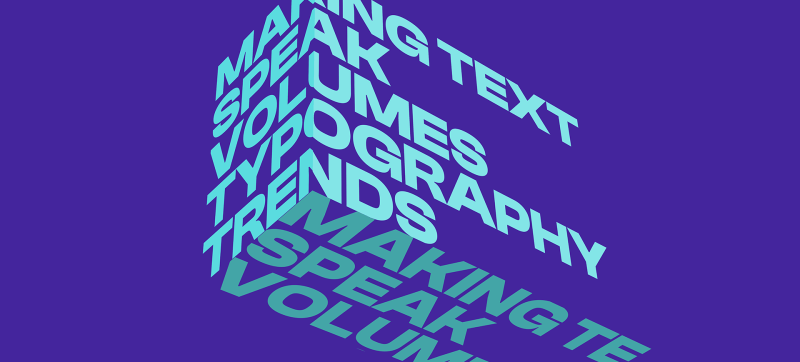
A few weeks ago, a group of us sat down at tda! to discuss what sort of content we would like to put out for International Women’s Day and (I’m sure) had exactly the same conversation as every other marketing group in the world.
“We don’t want to just do a cliched post. We want to do something with meaning behind it. Does it have to be pink?”
And I must say I walked away from that conversation feeling pretty nonplussed and ultimately questioning what International Women’s Day is actually for. I know that I don’t want to see another bland post where the female members of the senior management team for that particular business (who are hopefully in some way intersectionally representative for a double whammy of good karma!) wheeled out to chat about how ‘strong’ women are. But what do I want? What do I want from this as a day? What do I actually want it to achieve?
In truth I don’t know entirely, but I think I’ve landed upon conversations. I want today to spark meaningful, curious conversations.
When I first started my career, the idea of writing an article like this was laughable. I would never have volunteered for fear that my bosses would have forever branded me as one of those women who cared a little too much about ‘touchy subjects’ and wouldn’t shut up about it. That sort of bled through the way all social issues were talked about; there might be an ‘issue’ but there’s no real problem we need to talk about. This is from the time where ‘I don’t see colour’ and ‘they can do what they like behind closed doors’ genuinely felt like the right things to say.
After a few years I think we moved into a different way of dealing with social issues; namely do what is publicly required from a place of defensiveness and fear. Sure, we see most businesses put out an IWD post these days, we see logos change colour, we see photos of women smiling. But I think sitting behind those are (usually admittedly male) members of staff absolutely terrified of saying the wrong thing. Terrified they don’t know exactly the right way to refer to that specific group, terrified they don’t know the order the letters should be in, just plain terrified that because they don’t already know precisely the right thing to say they’ll be vilified. Which sucks because I think those kinds of discussions are exactly what we need.
It also sucks because I think those men have just gleaned that they need to ‘not offend anyone’ rather than knowing the true problem. And there’s plenty of true, replicable data. We know from corroborated studies that men perceive a group where just 17% are women, as an equally split group (and anything over 30% as overwhelmingly female). That 3 out of 5 women in the uk have experienced some form of sexual harassment in the workplace. That a group has to be made up of 60-80% of women before women feel comfortable speaking in an equal amount to their male counterparts. These are really important studies for everyone to be aware of; but I think we rarely get to talk about them in a neutral way because of the chasm of fear that lies between talking about them and ‘saying the wrong thing’.
When we were planning content to put out there was such a lot of back and forth over what is acceptable to publish and how much we needed to ‘soften’ it. All the women there knew that they had experienced some level of workplace sexual harassment or assault throughout their careers, we’ve all experienced workplaces where the real decisions are made in a male-only Whatsapp chat, where it’s easier to say we’ve got the flu because an endometriosis flare up is met with an almost-inperceptable eye roll… but it’s not very palatable to talk about that, is it?
But palatable or not I think those interactions are exactly what we need and, men, sorry to say it but I think they start with you. Never in my thirty years of life has any person in power or responsibility had a conversation with me about how being a woman affects my day. And, no offence but I find that confounding. How is it not interesting to you that the other half of the population is physiologically dealing with something completely different to you? No one has ever asked me what a period feels like, how hard it is to carry on talking during a presentation while having a stomach cramp, what an earth it feels like to have a 28(ish) day hormonal cycle rather than a 24(ish) hour one, how I’m afraid menopause will affect my career, what changes occur after giving birth and how that affects your brain and ways of working. How interesting would those conversations be???
Sadly I don’t think any of those conversations can happen until women trust that they’re going to be taken seriously and men trust that they’re not going to be judged as ignorant for having them. But I hope that, if International Women’s Day is doing one thing, it’s making these conversations more acceptable and visible. I think if we’re all honest, as women we know that international women’s day isn’t for us; we’re already having the conversations we need to have in whatsapp group chats the world over, we already know all the issues we want fixed, we already know what ‘shouldn’t have been said’, the next step is to encourage enough curiosity, grace and compassion that we can bring them out into the open.



